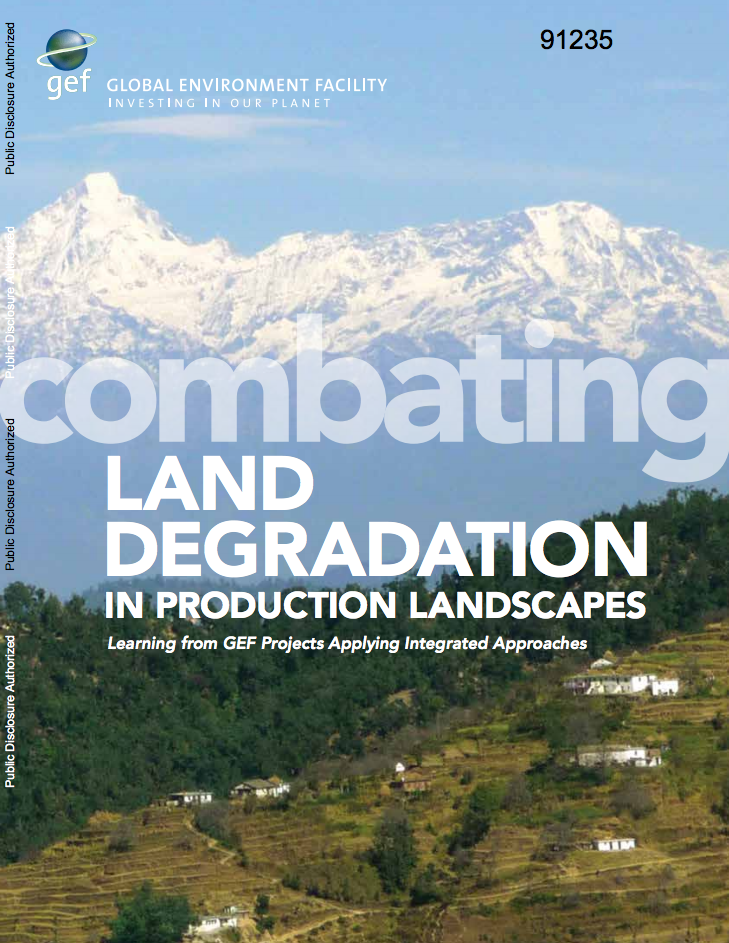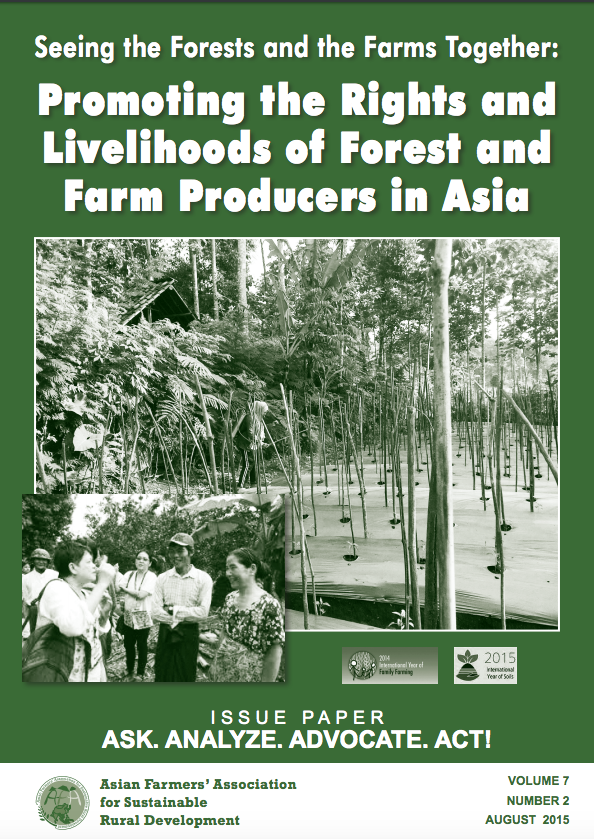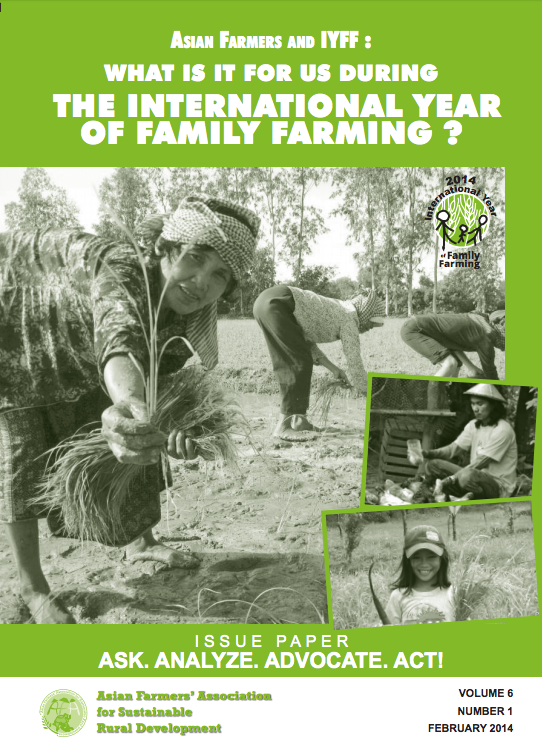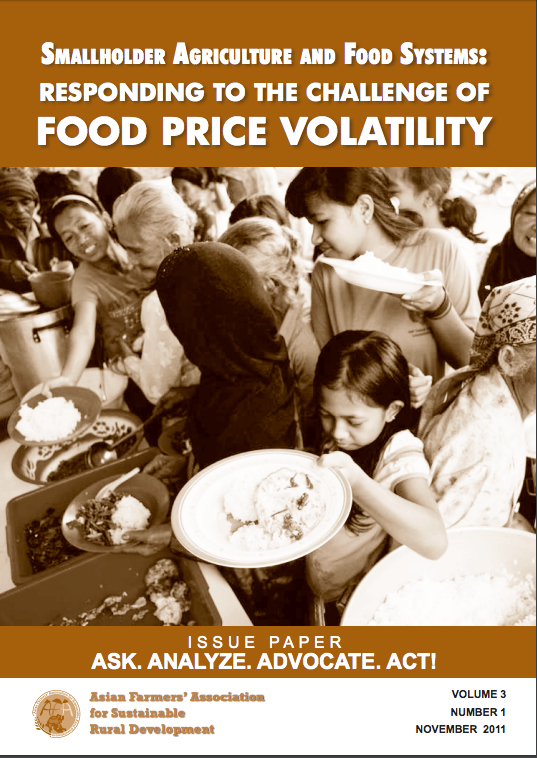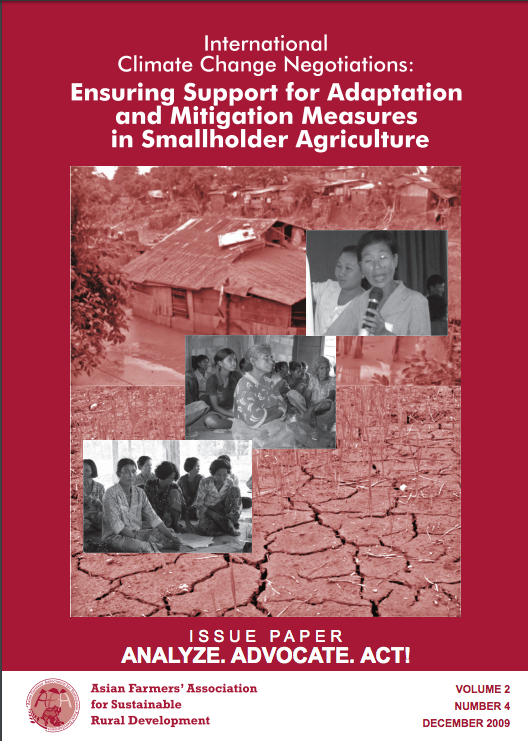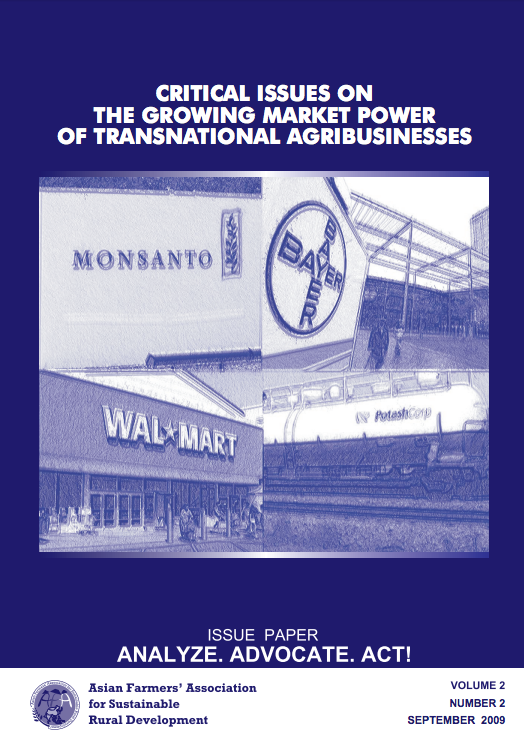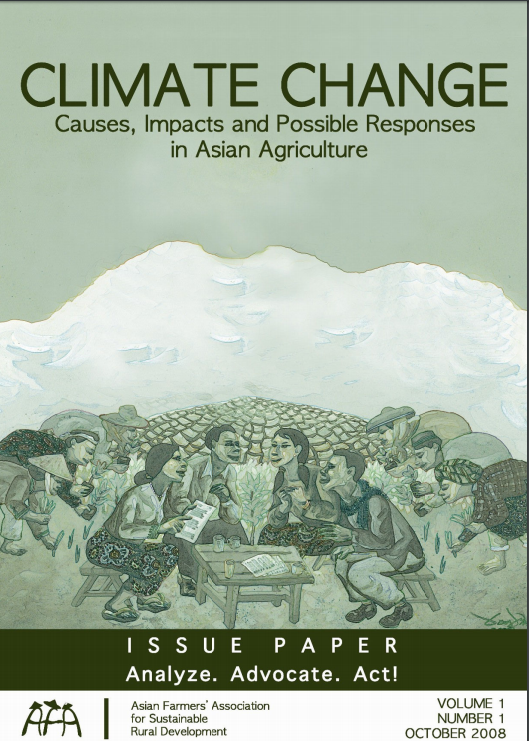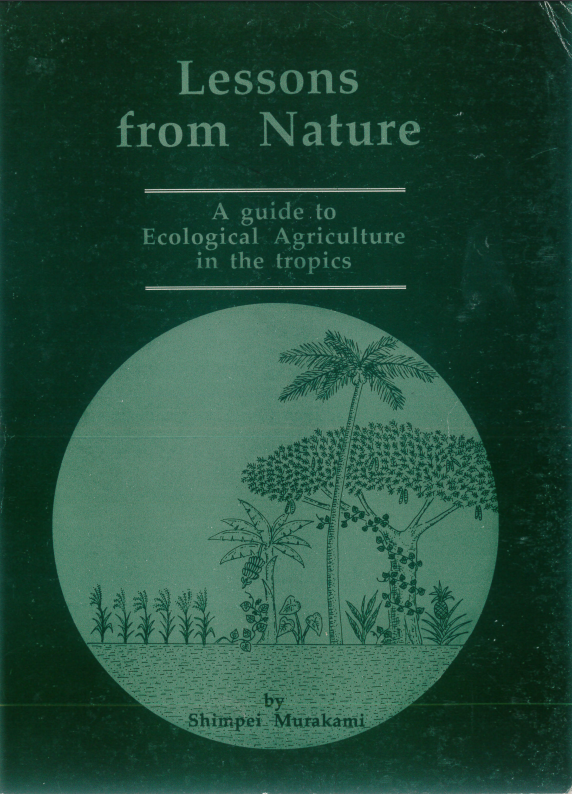Land Titling and Rural Transition in Vietnam
ABSTRACTED FROM THE INTRODUCTION: This study investigates the impact of a specific legal change to land rights in Vietnam. Land rights are an important issue in Vietnam, where agriculture accounts for nearly a quarter of gross domestic product (GDP) and two-thirds of the workforce is engaged in agricultural activities. Agricultural land in Vietnam was decollectivized in 1988, and land-use rights were granted to households.We focus on the subsequent land law of 1993, which gave house- holds the right to inherit, transfer, exchange, lease, and mortgage their land-use rights.


